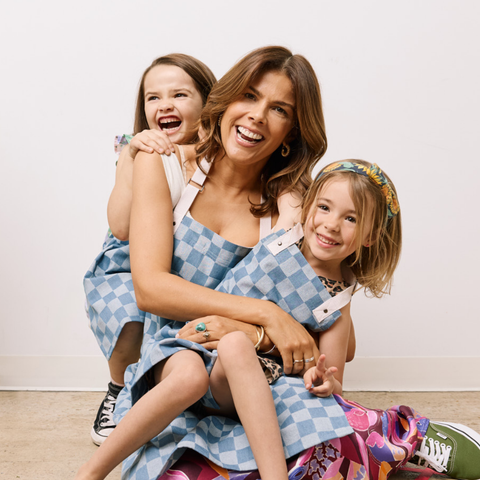


While aiming for calm and efficiency in the mornings, the reality is, getting out the house sometimes feels like a race where two people have run in different directions and another has lost a shoe. A successful morning sets the tone for the day for all children, and can be even more crucial for those with neuro-differences.
Predictability and consistency
Establishing a predictable and consistent morning routine is integral for the success of all subsequent strategies. In the same way a school timetable prepares students for what to expect throughout the day, a simple visual schedule can be an effective tool to support the practice and repetition required for your child’s mastery of their morning tasks.
Working together with your child to select or create their visual schedule will also foster a sense of ownership and promote their executive functioning skills.
Inconsistencies in the morning routine and differing expectations from caregivers, can lead to frustration and dysregulation, particularly for children with neuro-differences. Consistency is key.
Try: Selecting visuals that are age appropriate. For younger children, a picture of the task with one word underneath is ideal. Adding times to their schedule can be beneficial for older children.
Avoid: Schedules with too many steps. Start simple and incorporate more steps over time.
Preparation
Identify tasks that swallow up precious time in the morning routine and prepare for them.
Separating the school uniform from casual clothes is an effective strategy to reinforce expectations and minimise choice overload in the morning. Either the night before or on the weekend, support your child to select their clothes for the next day or week. Reduce barriers to independence by placing the clothes in a designated area that is easily visible.
Selecting clothing may pose a challenge, especially if your child is sensitive to textures or has aversions to specific items. Preparation can empower your child, providing them with a sense of control and reducing potential conflicts and overwhelm.
Make packing their school bag part of your child’s evening routine. Utilising a whiteboard or attaching a small visual checklist to their bag is a great way to develop your child’s independence with this skill.
Try: A ‘get ready tub’ is a quick and easy way to separate clothes for the school day. Select a simple container or basket your child can easily recognise.
Avoid: Excess clutter where your child’s bag and uniform are located.
Reduced decision-making
One strategy to preserve your child’s capacity for self-regulation, is to minimise their decision-making load first thing in the morning. This can be achieved by offering limited options, such as choosing between ‘this’ or ‘that’ for breakfast.
It is important to be clear with your child that certain things are non-negotiable. For instance, they may have no say in their backpack and hat. However, they do have the freedom to choose their lunchbox, type of water bottle, and snacks.
Try: Presenting your child with two reasonable options that you are comfortable with.
Avoid: Presenting non-negotiables as options
I do, we do, you do
The Gradual Release of Responsibility model is an effective tool for moving children of any age towards independence completing their morning routine. The model involves these steps:
- I do – Adult performs the task
- We do – Adult helps the child complete the task
- You do – The child performs the task whilst adult watches and guides
- You do it alone – No observation required
Try: To make the process fun and incorporate humour if you can.
Avoid: Rushing. Children will progress through each step at their own pace.
Reward progress
For any child, mastering new routines and skills can be challenging. Introducing both short and long-term rewards can help to sustain their motivation and persistence.
Try: Short term rewards in the beginning.
Avoid: Choosing the rewards for your child.
Remember progress will not be linear. However, any steps towards consistency, predictability and calm, no matter how small, can start to build the foundation for successful mornings.
This article was originally published by KIDDO Mag and was written by Georgina Martin. Georgina is a dedicated Professional Organiser with a background (a teacher of 15 years) in Early Childhood and Inclusive Education, she brings a unique blend of expertise to her mission of making everyday life simpler for families. Read more about Georgina at collectiveorder.com.au or you can follow KIDDO on Instagram and Facebook, and subscribe to their weekly newsletter for more.

